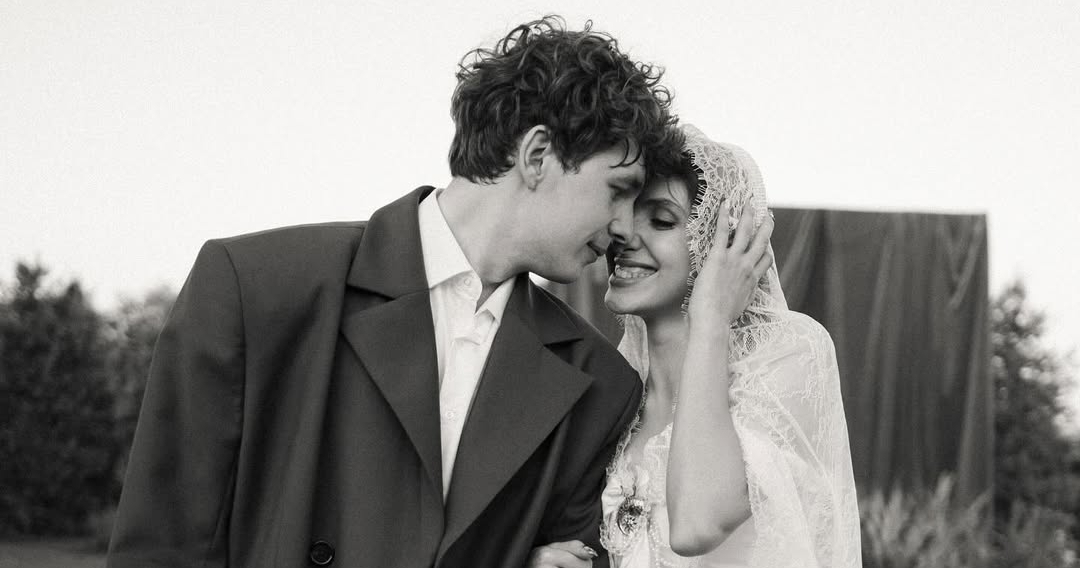Congratulations—you’re engaged! Whether the proposal came as a total surprise or something you’d been dreaming about for years, the moment is definitely worth savoring. But as the excitement settles, you might start to feel overwhelmed by what’s ahead. Wedding planning can feel like a full-time job, but the good news is you don’t have to do everything at once. Consider this your ultimate guide for the first three months of engagement, and often the unofficial kickoff to wedding planning.
Celebrate the Moment
Before diving headfirst into all the details, take time to soak it all in. Share the news with close family and friends first, then make it public however feels right to you. Some couples opt for an engagement party, while others keep things low-key. There's no right way to do it, as long as it feels true to your relationship and gives you enough time to take in all the emotions.
Ksenia Antonova, Christina McNeill
Set a Rough Timeline & Ideas
You don’t need to set a date right away, but having a general timeframe (like “next summer” or in "one year") will help guide the rest of your decisions. This is also the moment to talk honestly about what kind of wedding you both want: big or small, local or destination, formal or relaxed. Again, don't get caught up in the specifics here, you just need enough information to get you and your partner on the same page.
Discuss the Budget Early
Discuss your overall budget before booking anything. Will family be contributing? What’s your comfortable range? This conversation might feel awkward, but setting financial expectations early helps avoid surprises later. Once you’ve landed on a ballpark number, you can start allocating estimates to categories like venue, attire, catering, and photography.
Merci Floral / Sarah Johnson, Nurai Murr
Draft Your Guest List
Your guest count impacts your budget, venue choices, and overall vibe, so it’s helpful to create a first draft early. Will it be intimate with just your closest family, or a lively celebration with over 200 guests? It doesn’t need to be final, but jotting down names gives you a sense of scale and ensures you and your partner are aligned on who’s most important to include.
Katsman Studio, Midnight Sol Photography
Book a Planner
If you’re considering hiring a wedding planner or coordinator, now’s the time to start researching. Full-service planners often book out a year or more in advance, especially for high-season dates like summer. Even if you're planning most of it yourselves, having a day-of coordinator can ease stress down the line and help you secure the dream team and vendors.
Find Your Aesthetic
Create a shared vision by collecting inspiration for your future wedding. Are you leaning more vintage-inspired or minimalist and modern? Pinterest boards, Instagram saves, and looking at real weddings are all great starting points for this part of the process. Don't get too hung up on the details just yet, but instead focus on identifying the colors, textures, and emotions you’re drawn to. This will serve as a visual guide for everything from florals to stationery and help you find the right vendors.
Nicole Plett, Moments with Mae
Research & Tour Venues
Once you have a season or month in mind and a rough guest count, begin exploring venue options. Popular venues book quickly, so it’s wise to reach out early, even if you're still finalizing the details. This is where your rough timeline will come in handy, so you can verify their openings as well. Schedule site visits, ask about availability, and read reviews to help narrow your options.
Aleksaka Pustina, The Classified
Secure Your Priority Vendors
Now that you have the date and venue locked in, your next step is to secure vendors that book up quickly: photographer, videographer, florist, and more. If you already know which band, or caterer you want, it’s not too early to get on their calendar either. Just like wedding planners, vendors can fill up fast and at least one year out.








































